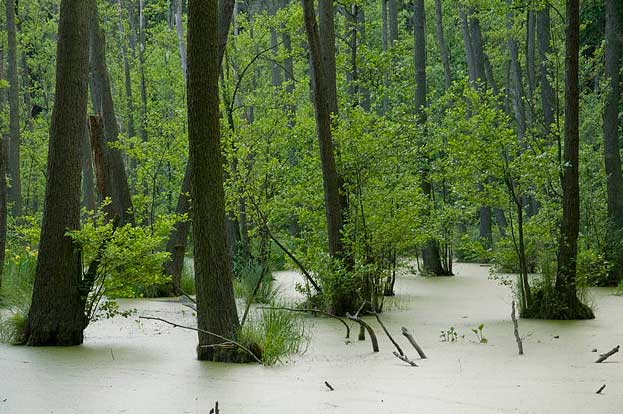Ancient Beech Forests of Germany
The Ancient Beech Forests of Germany represent examples of on-going post-glacial biological and ecological evolution of terrestrial ecosystems and are indispensable to understanding the spread of the beech (Fagus sylvatica) in the Northern Hemisphere across a variety of environments. The new inscription represents the addition of five forests totaling 4,391 hectares that are added to the 29,278 hectares of Slovakian and Ukranian beech forests inscribed on the World Heritage List in 2007. The tri-national property is now to be known as the Primeval Beech Forests of the Carpathians and the Ancient Beech Forests of Germany (Slovakia, Ukraine and Germany).

Continent: Europe
Country: Slovakia, Ukraine, Germany
Category: Natural
Criterion: (IX)
Date of Inscription: 2007
The species
The species listed below represent a small sample of iconic and/or IUCN Red Listed animals and plants found in the property. Clicking on the number in brackets next to the species will reveal other World Heritage Properties in which a species has been identified. These species are identified in an effort to better communicate the biological diversity contained within World Heritage properties inscribed under criteria ix and/or x.
 |
| Ancient Beech Forests of Germany |


